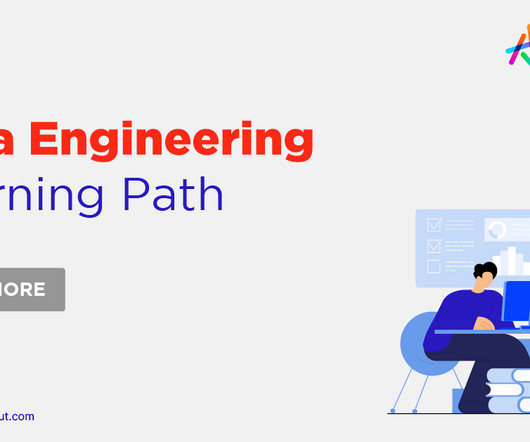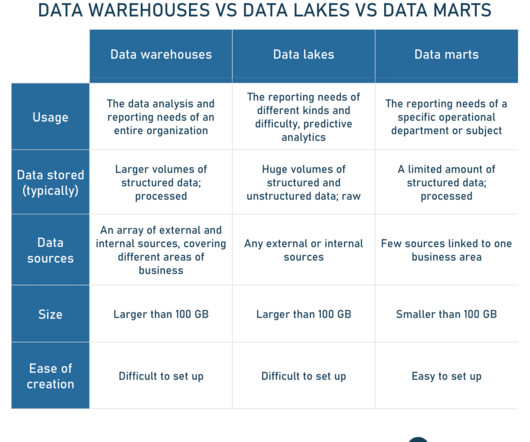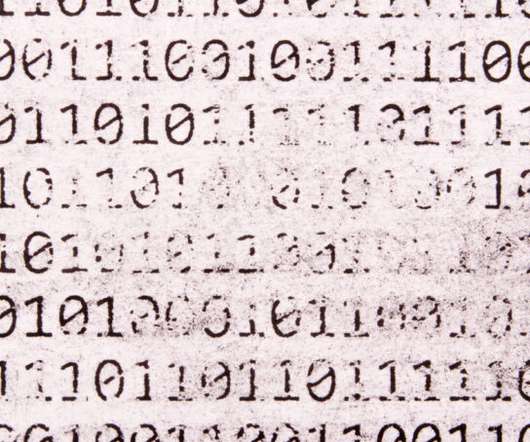Best Morgan Stanley Data Engineer Interview Questions
U-Next
MARCH 1, 2023
A solid understanding of relational databases and SQL language is a must-have skill, as an ability to manipulate large amounts of data effectively. A good Data Engineer will also have experience working with NoSQL solutions such as MongoDB or Cassandra, while knowledge of Hadoop or Spark would be beneficial.


















Let's personalize your content